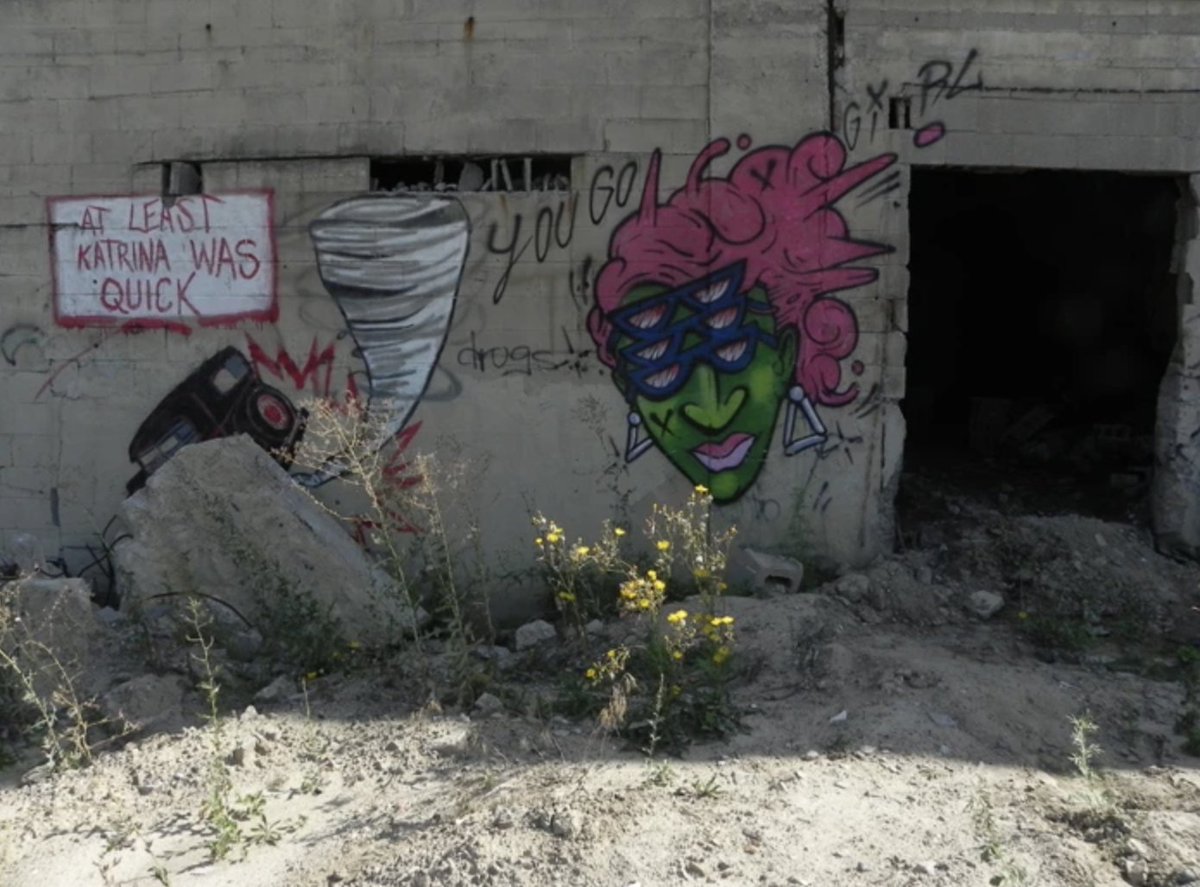🚨🚨🚨 I’m very excited about a piece that I published w/ CPS this year, titled ' The Co-optation of Dissent in Hybrid States: #PostSovietGraffiti in #Moscow." journals.sagepub.com/doi/10.1177/00… 📣 A thread... 1/7 

In the article, I argue that the Putin administration, as it consolidated power between the 2012 & 2018 elections, co-opted critical graffiti artists & flooded out those unwilling to cooperate, replacing subversive & anonymous anti-regime graffiti w/ Kremlin-curated murals. 2/7 



My work stands on the shoulders of theory giants, such as Habermas and Lefebvre on the autocratic control of public spaces, as well as on more recent greats like John Bushnell and James Scott on the art of resistance... none of whom are on Twitter. [Photo by Gennady Grachev.] 3/7 

My work also extends on cool work on dissent management by @EricaFrantz, @AKendallTaylor, @SchatzEd, Jessica Teets, Karrie Koesel, @timothymfrye, Hank Johnston, and so many others. And on the AMAZING street art by people like Misha Most, Partizaning, Zuk Club, and Kirill Kto. 4/7
HUGE thanks to my scholarly community for advancing these ideas: @colleenwood_ , Emmanuel Teitelbaum, @SchatzEd, @StatModeling, @keithgessen, @timothymfrye, @LeonardDavisIns, @NARFraser, @ABurhanzoi, @HarrimanInst, @enplantan, @CERESGeorgetown, Harley Balzer, & Alison Hilton. 5/7
Huge thanks, also, to @prof_mirya who professionalizes us all while revolutionizing the discipline (and who taught me how to 'launch' an academic article on social media). I hope I can pay it forward one day, like you've done for me in so many ways. 5/7
Looking forward to deepening our discipline's knowledge on #authoritarianism and #cooptation at the ‘street’ level. If you want a copy of the paper, please email or DM me! [Photos linked are all mine.] @womenalsoknow @1stGenScholars #poliscitweets 6/7 





For more about Post-Soviet Graffiti, you can check out this cool @VICE article by @abby_ronner (vice.com/en_us/article/…), this cool @MuftahOrg article by @colleenwood_
(muftah.org/politics-post-…), or this cool @RFERL interview by @PashaButorin (rferl.org/a/25710011.html). END 7/7
(muftah.org/politics-post-…), or this cool @RFERL interview by @PashaButorin (rferl.org/a/25710011.html). END 7/7
• • •
Missing some Tweet in this thread? You can try to
force a refresh









